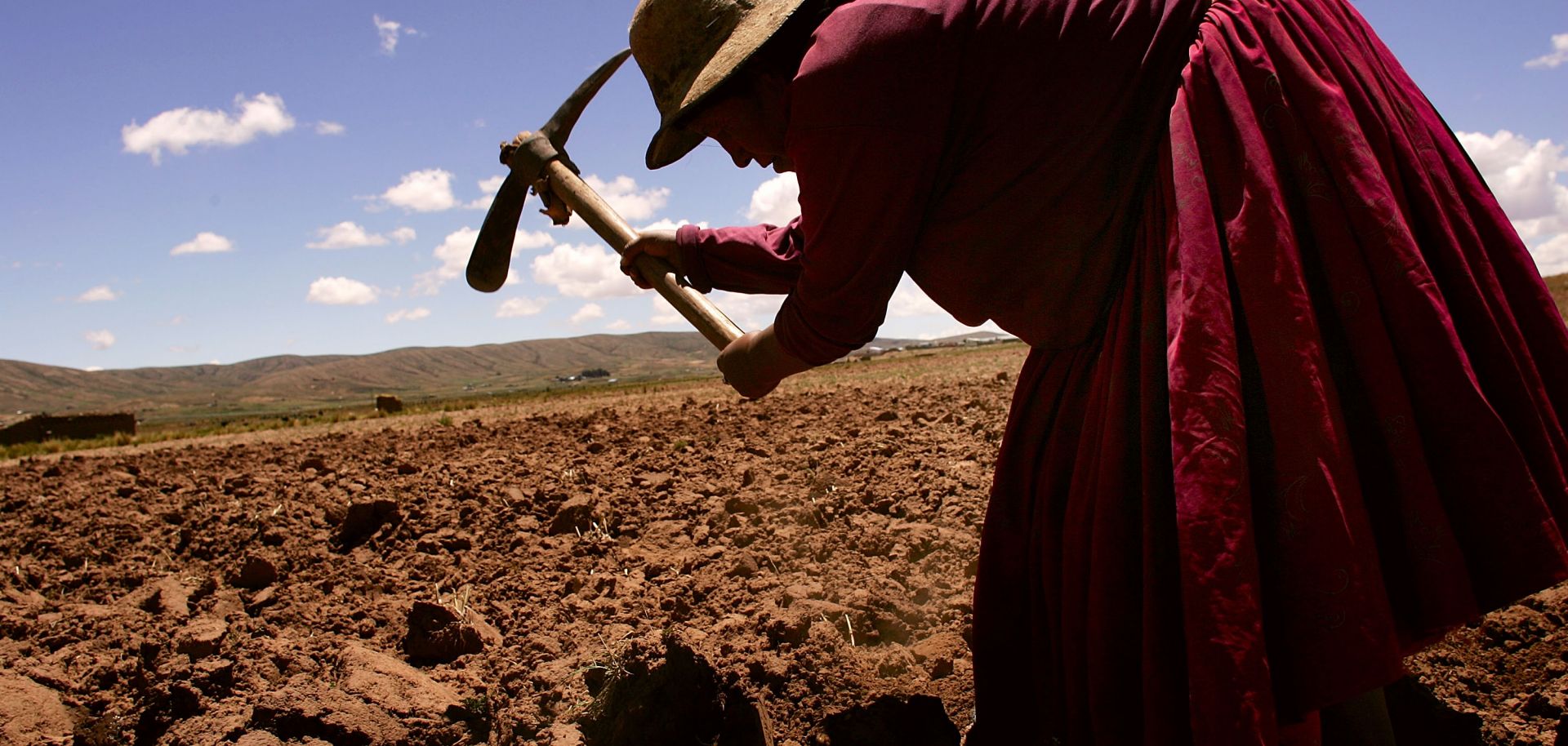
Bolivian President Evo Morales suggested June 3 that Latin American countries should consider nationalizing all natural resources. Although Bolivia is rich in mineral and agricultural resources, it is also, per capita, the poorest country in South America. Bolivia’s only major source of revenue is its natural resource deposits, particularly its metal and hydrocarbon reserves. The country has rich deposits of many internationally traded minerals, including natural gas, oil, silver, zinc and antimony. A 2007 constitutional revision formed a legal basis for the country's use of nationalization to secure greater control and higher revenues from the production and sale of these resources. Nevertheless, the country relies heavily on foreign investment for the capital and technological expertise required for exploration and development, and as a result, Bolivia has had to be flexible in how it approaches foreign companies. Therefore, many of the country's nationalizations have been in name only. For example, Bolivia recently nationalized Pan American’s stake in the Caipipendi natural gas project but then later announced that the nationalization would not be enforced. Morales derives much of his support from the poorest areas of Bolivia, where the ability of communities to pay for services is limited, and his comments this week point to the government’s intention to continue solidifying control over the Bolivian economy. With such a heavy reliance on foreign investment in the resource sectors, a blanket nationalization is unlikely. However, a continued piecemeal nationalization of utility companies in Bolivia can be expected to continue.


